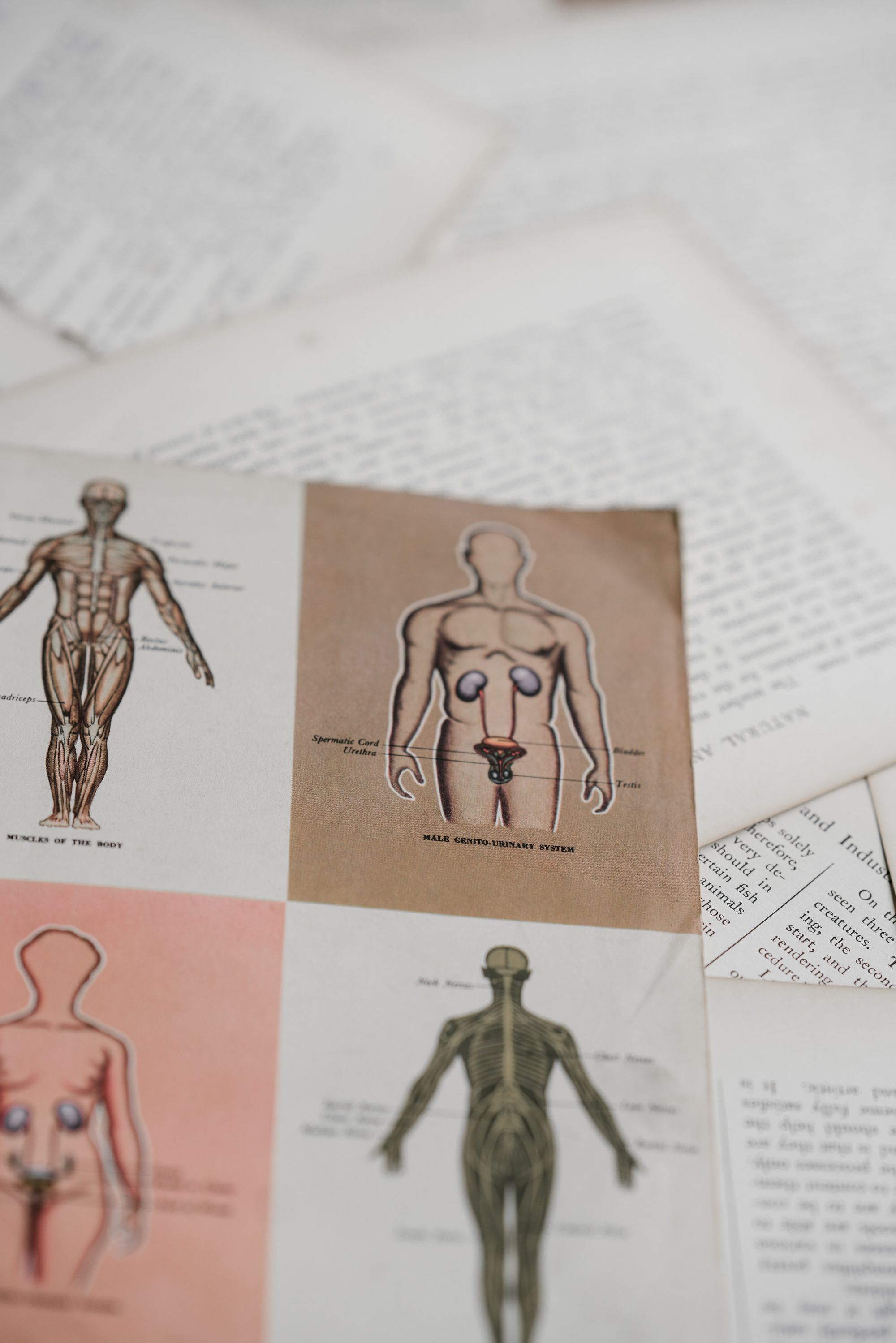The Tactical Guide to Practicals

KBC Split - Križine, Split, Croatia: Day One
My colleagues and I were awkwardly standing around a patient at 10:45 AM. My mind was racing. Will the doctor interrogate me during the examination? That was our first real-time in the hospital and it was chaos. Doctors were late, we didn't know where we should be. After one and a half hours of practice, we were allowed to go home. I barely learned anything that day. "That was not as useful as I expected", I thought. There has to be a better way of getting things done.
After many hours of reflecting, reading and experimenting I created the following Tactical Guide to Practicals. Always remember: Be intentional with the time you are spending in the hospital. Don't complain about the lack of teaching. The hospital is there to treat patients, not teach students. Take ownership of your learning. You are 100% responsible to make things happen, not the doctors or professors. The earlier you will use this, the better life you will have.

Having a mission
Have a plan. It's that simple. Know what you know and don't know. And then act on what you want to learn from here. Don't wait for someone who will make that decision for you. No one will hold your hands and guide you through everything. Take five minutes at the end of each day and ask yourself what you want to understand by tomorrow. Write down at least three things you want to learn (e.g., learning how to take blood, take patient history, learn cardiac examination). Now you have an objective.
Find qualified doctors and tag to them
Never be afraid to not know the answer. Some doctors like to ask questions. Some will even explain the answer then. Some will make you doubt yourself but never take it personally. Don't just look for the kindest teacher, but the one that teaches you stuff. Most students are drawn to easy and laidback doctors, which can be fun, but will ultimately only comfort - but not challenge - you.

Link practise with literature
Our brain constantly deletes useless but saves handy information. The problem: our brain doesn't know which one is crucial for our next exam. That's why we remember celebrity birthdays but forget about the Krebs cycle - although someone might argue that's even more useless. Our brain doesn't care about the upcoming exam. But our brain learns in real-life situations what is useful. I only remembered a helpful fact about acral lentiginous melanoma during my oral exam, since two weeks prior I heard a powerful story about one of the patients. She died due to two false-negative biopsies, which led to delayed treatment.
Don't wait for permission, be proactive
The single most common mistake is to wait for something to happen. More often than not you will be disappointed by nothing happening. Don't wait for silence, but start asking lots of questions. The best is to prepare some at home and bring them up during the practical. Also, you can bring some paper to note the answer. Being proactive also means volunteering for things you shy away from. You don't like taking blood? Do it until you can make it. Failure is only to do nothing or give up.

Don't force your time
Having said all of this. Never be afraid to leave. Sometimes there is nothing more to learn and you will start wasting your time on the wards. Go through your mental checklist and see if you achieved every objective of the day. If so, you can go.
Your time is precious - inside and outside of the hospital. Don't waste those hours, rather live them.
If you enjoyed this article, share it with your friends and colleagues!